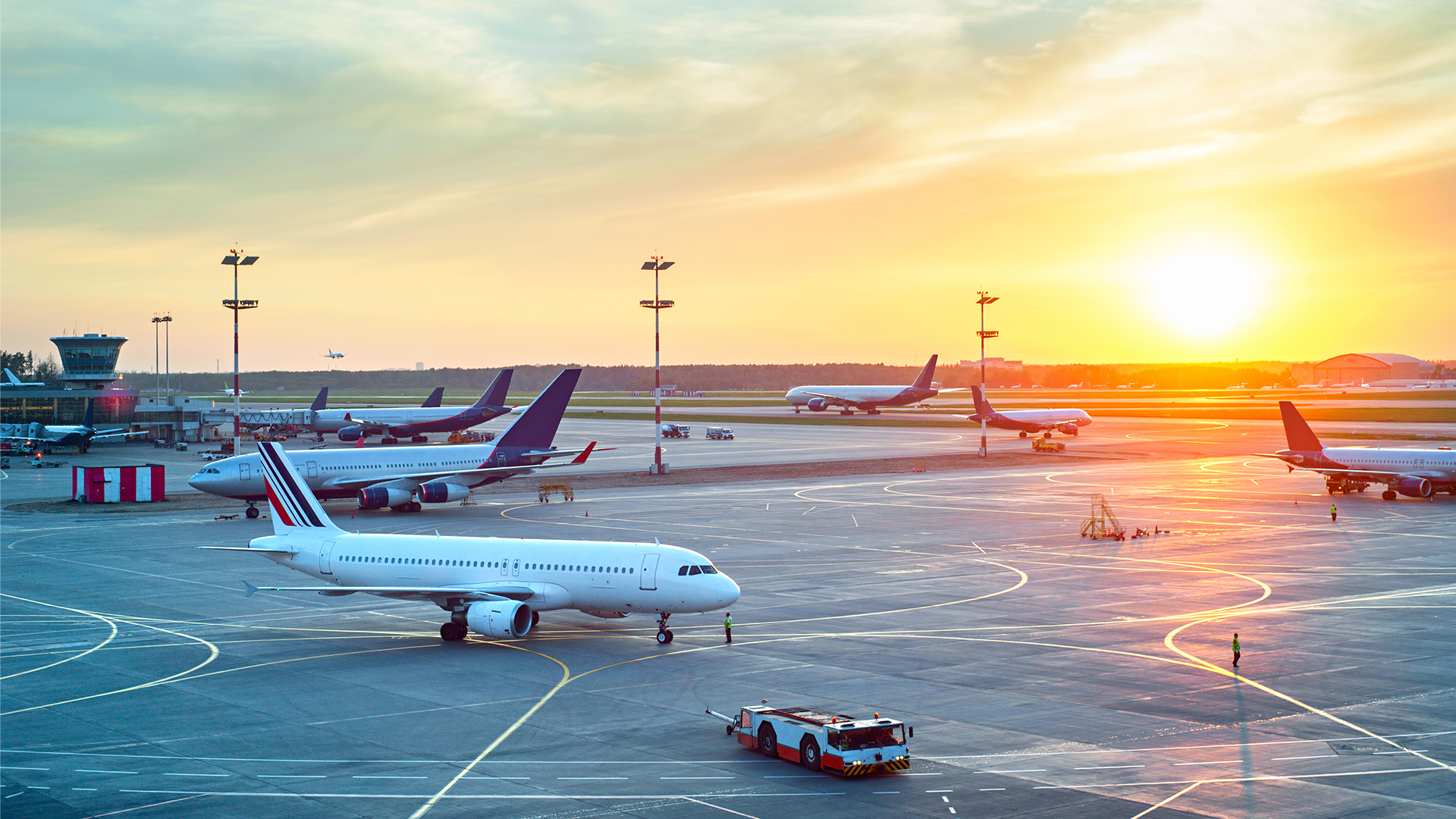Air travellers worldwide are faced with ever-increasing flight times, irregular flight paths and cancelled flights. International conflicts have forced a multitude of states to impose flight restrictions and bans due to safety concerns and closed air spaces. The safety concerns are not without merit given the painful memory of Malaysia Airlines Flight 17 where a Boeing 777 was hit by missile while flying over Ukraine in 2014 resulting in the death of all 298 passengers and crew.
The world has become increasingly hostile with far more conflicts of late than in 2014. Governments and airlines alike are scrambling to protect the interests of their citizens from succumbing to the same disastrous fate as that of Flight MH17. In order to avoid a similar catastrophe many states have imposed bans on specific countries’ aircraft from entering their airspace, and aircraft registered within their country from entering in other state’s airspace. These closures and restrictions are permitted based on the principle that states have exclusive sovereignty of the airspace above their territory which is set out in Article 2.2 of United Nations Convention on the Law of the Sea (UNCLOS). The sovereignty of coastal states mirrors that of the maritime definition of territory, being 12 nautical miles from the shore of the respective state.
The conflicts in Ukraine, the Middle East and the military uprising in Mali (to name but a few) have wreaked havoc on commercial and cargo operations. In response to the ongoing conflict in Ukraine, the United States and European Union have banned all Russian aircraft from entering their airspace and Russia has instituted reciprocal bans on these nations. The somewhat tit for tat nature of the bans places significant pressure on airlines as many flight routes utilise their airspace for certain popular routes. For example, many flights from Europe to Asia would usually fly over northern Russia but are forced to fly further north or to the south of Russia leading to significantly prolonged flight times. For example, flight times between Helsinki (Finland) and Tokyo (Japan) have increased by approximately five hours one way. These extended routes are unfortunately occurring at a time when fuel prices are at some of their highest in recent history. All these factors have contributed to very expensive ticket prices when airlines are still recovering from the devastation of Covid-19 on the aviation industry.
Flights between Europe and Southern Africa remain uncertain because Libya and Sudan are faced with various flight bans that have contributed to longer flight routes. This situation was exacerbated by the uprising in Mali in August which resulted in the closure of its airspace further squeezing the already tight air industry. Air France and British Airways were forced to cancel numerous flights to and from Southern Africa based on the impractical flight path that would need to be flown. These bans are instituted with immediate effect and tend to leave passengers stranded and airlines rushing to find alternate means to transport their passengers.
In June 2017 Saudi Arabia, the United Arab Emirates, Egypt and Bahrain banned all Qatari aircraft from their airspace. The bans were instituted in response to accusations from the Middle Eastern bloc that Qatar was complicit in funding terrorism. Such allegations have been denied and Qatar Airways has since instituted proceedings to recover some $5 Billion in compensation for the bans. Moreover, many jurisdictions around the world do not prescribe mandatory delay compensation in their laws. In the event of the airline not having a policy in place for compensation due to delays or missed connections, the responsibility may lie with the passenger’s personal insurance for the flight. Most major credit cards have complimentary insurance policy cover embedded that covers the travel with some containing compensation for delay and necessary hotel accommodation. In the absence of an airline policy or legislation assisting passengers’ insurance companies may be impacted by the volatile aviation industry. Some policies will provide cover for delays as short as four hours and could include cover, depending on the policy, for such delays occasioned by air space closures.
The aviation industry was left reeling after the devastation of Covid-19 and has come under further significant pressure due to the numerous conflicts and political fallout facing the world currently. Passengers need to keep a keen eye on their desired routes to limit disruptions and changes to their travels. Passengers are recommended to have comprehensive travel insurance in place to cater for delays and cancellations. This is however a challenging task as the global diplomatic landscape remains volatile and uncertain. For as long as such bans have such wide-ranging implications for governments and airlines one cannot see the practice of these bans disappearing anytime soon. The bans are used as a quick and effective tool to punish states that has been used since the inception of international air travel and will remain so in the future.






